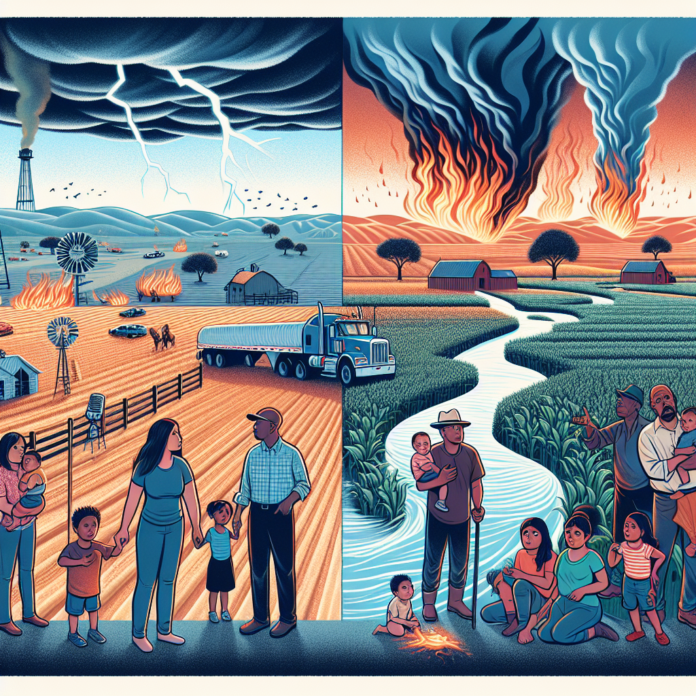US Immigration Policy Overlooks Climate Change According to The Verge
US Immigration Policy Overlooks a Critical Factor: Climate Change
The impact of climate change on global migration patterns is an increasingly pressing issue that the United States immigration policy has yet to fully address. As environmental conditions worsen, more people are being forced to leave their homes due to extreme weather events, rising sea levels, and deteriorating agricultural conditions. However, current US immigration laws do not adequately consider these climate-driven factors.
The Growing Influence of Climate Change on Migration
Climate change is no longer a distant threat but a present reality affecting millions worldwide. Natural disasters like hurricanes, floods, and droughts are becoming more frequent and severe, displacing communities and creating climate refugees. Unfortunately, the existing immigration framework in the US does not recognize climate refugees as a distinct category, leaving many without legal options for relocation.
The Need for Policy Reform
To address this oversight, the US must reform its immigration policies to incorporate climate change considerations. This could involve creating a new visa category for climate-displaced persons or expanding the criteria for asylum to include environmental factors. By doing so, the US would not only acknowledge the role of climate change in forced migration but also set a precedent for other nations to follow.
International Cooperation and Responsibility
The challenge of climate-induced migration is a global issue that requires international cooperation. The US should lead efforts to establish global standards and agreements that protect the rights of those displaced by climate change. By collaborating with other countries and international organizations, the US can help develop comprehensive strategies to address the complex relationship between climate change and migration.
Conclusion
As climate change continues to reshape the world, it is imperative for US immigration policy to evolve accordingly. By recognizing and addressing the impact of environmental changes on migration, the US can better prepare for the future, protect vulnerable populations, and fulfill its role as a global leader in humanitarian efforts.


